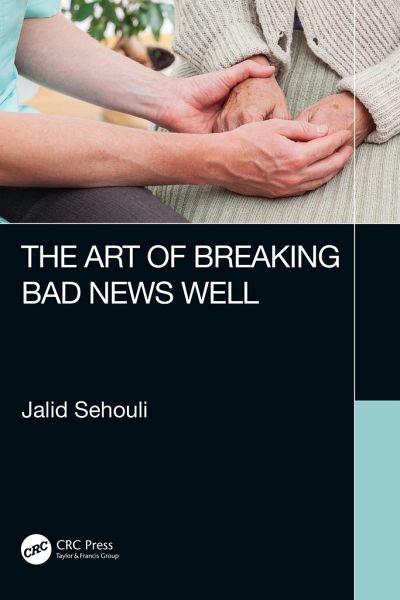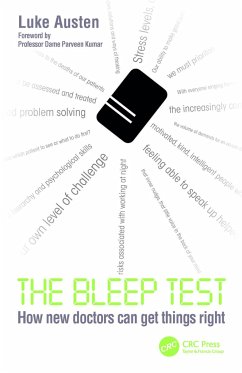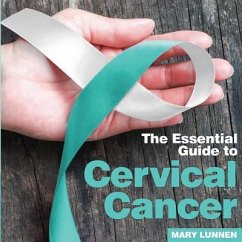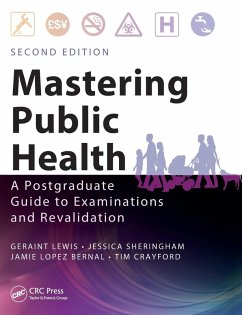
The Art of Breaking Bad News Well
Versandkostenfrei!
Versandfertig in 6-10 Tagen
39,99 €
inkl. MwSt.
Weitere Ausgaben:

PAYBACK Punkte
20 °P sammeln!
As Head of Oncological Surgery and the Gynecology Clinic at Berlin's Charité Comprehensive Cancer Center, Jalid Sehouli is one of the world's leading cancer specialists. Every day, he experiences situations in which conversations take on a life-or-death significance.Delivering bad news is one of the most difficult tasks we face in life, especially for professionals such as doctors, police, or crisis intervention personnel, yet it is rarely touched on during training.Over the course of their career, a doctor will hold conversations with around 200,000 patients and their relatives that invariab...
As Head of Oncological Surgery and the Gynecology Clinic at Berlin's Charité Comprehensive Cancer Center, Jalid Sehouli is one of the world's leading cancer specialists. Every day, he experiences situations in which conversations take on a life-or-death significance.
Delivering bad news is one of the most difficult tasks we face in life, especially for professionals such as doctors, police, or crisis intervention personnel, yet it is rarely touched on during training.
Over the course of their career, a doctor will hold conversations with around 200,000 patients and their relatives that invariably involve delivering good or bad news. Either way, existential questions will arise, and the way the news is delivered is vital: recent studies show that it has a significant impact on patients' quality of life and the way they experience treatment.
Mixing his wide-ranging professional experience with personal stories, Sehouli describes the emotions and perspectives of those who have to give and receive bad news from a broad perspective. His book can be helpful for anyone who has to deliver bad news-managers, friends, or parents.
Delivering bad news is one of the most difficult tasks we face in life, especially for professionals such as doctors, police, or crisis intervention personnel, yet it is rarely touched on during training.
Over the course of their career, a doctor will hold conversations with around 200,000 patients and their relatives that invariably involve delivering good or bad news. Either way, existential questions will arise, and the way the news is delivered is vital: recent studies show that it has a significant impact on patients' quality of life and the way they experience treatment.
Mixing his wide-ranging professional experience with personal stories, Sehouli describes the emotions and perspectives of those who have to give and receive bad news from a broad perspective. His book can be helpful for anyone who has to deliver bad news-managers, friends, or parents.














